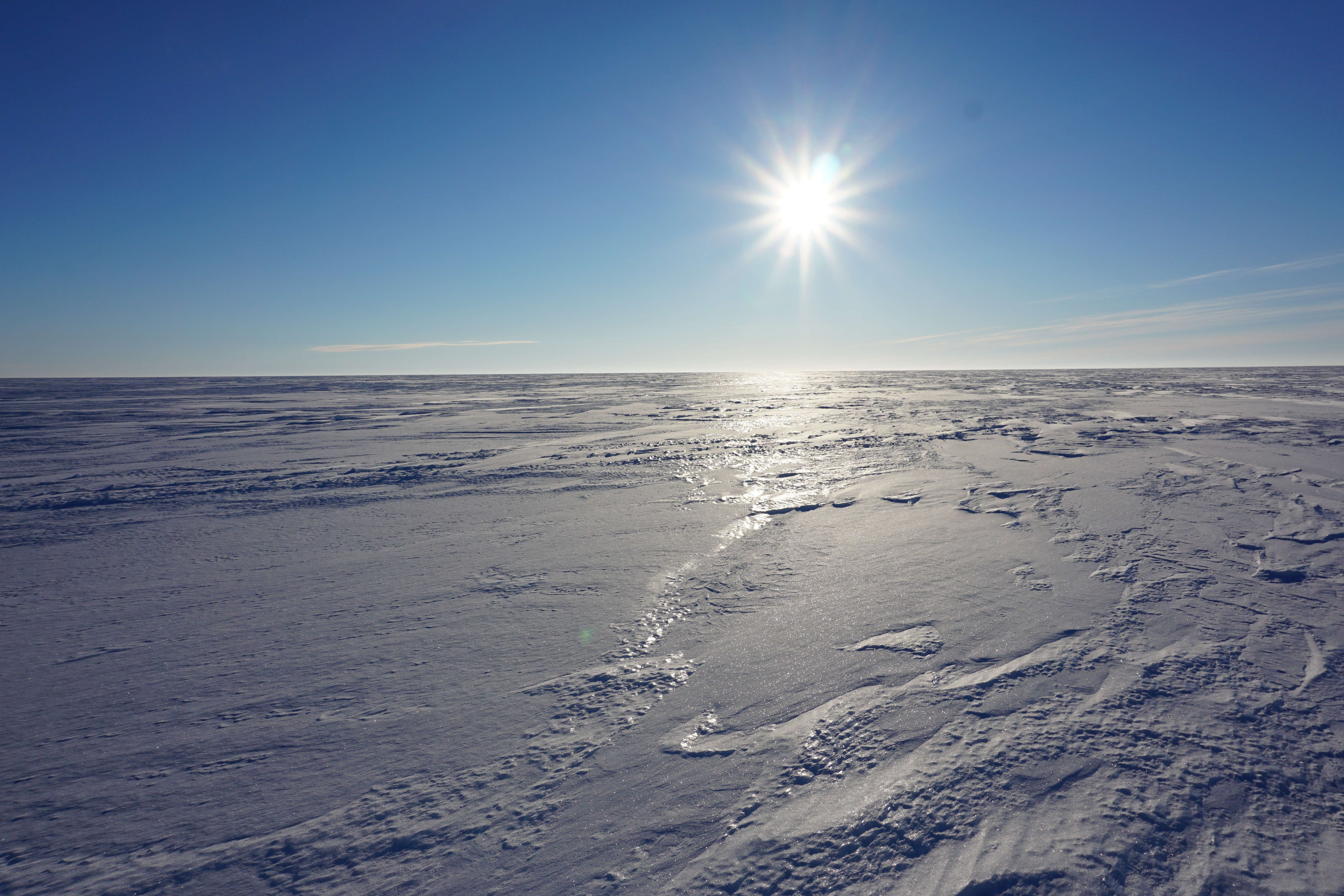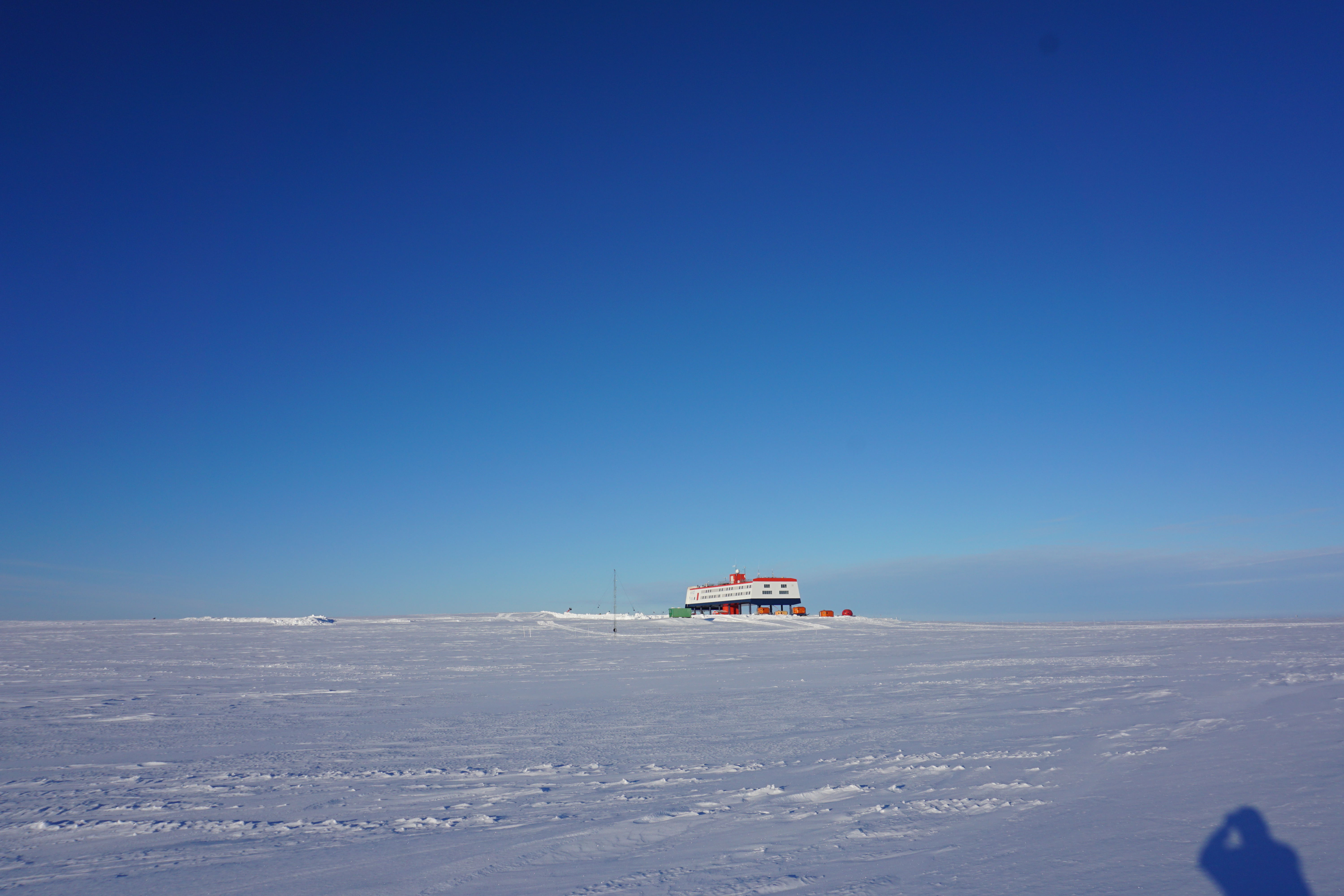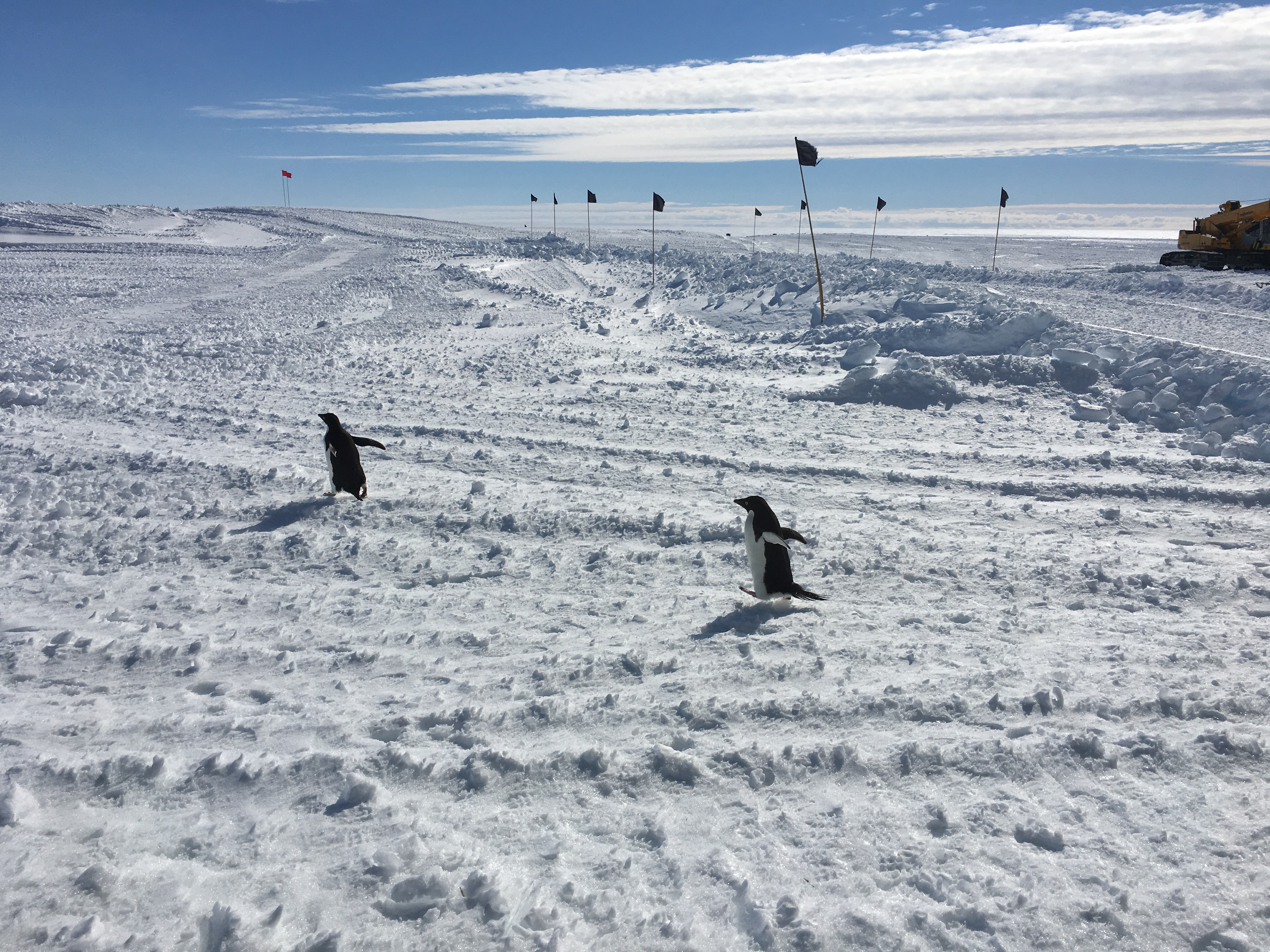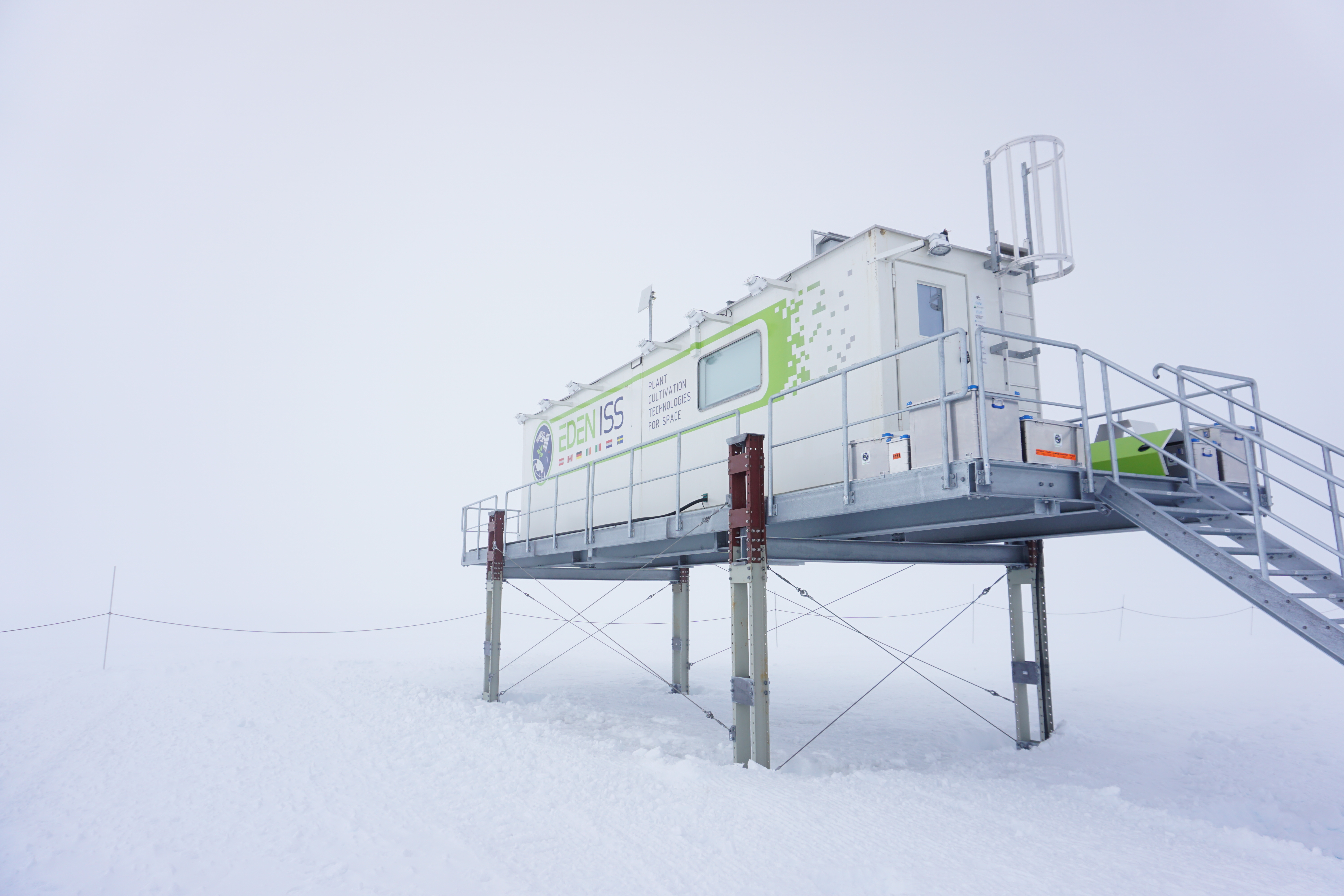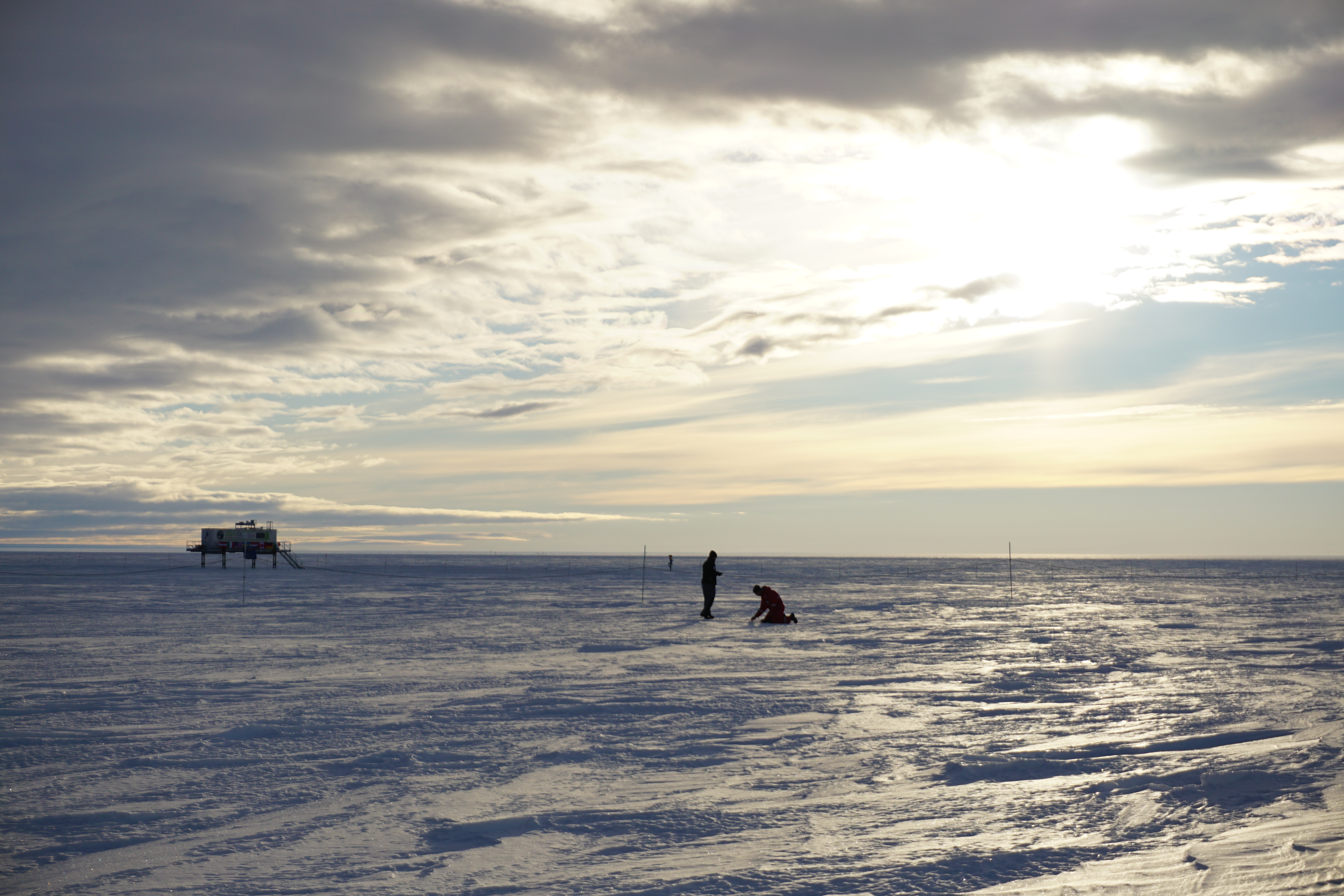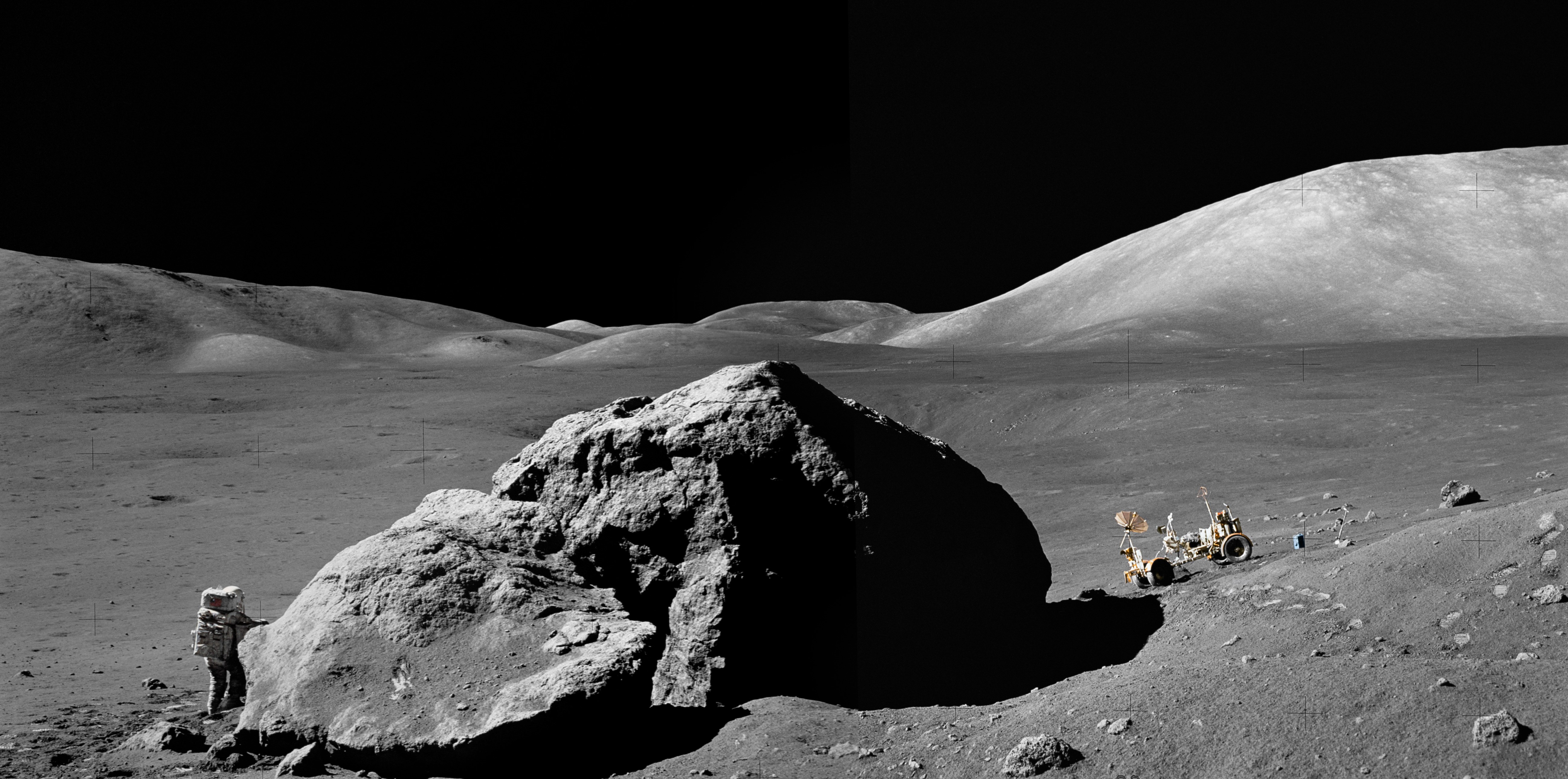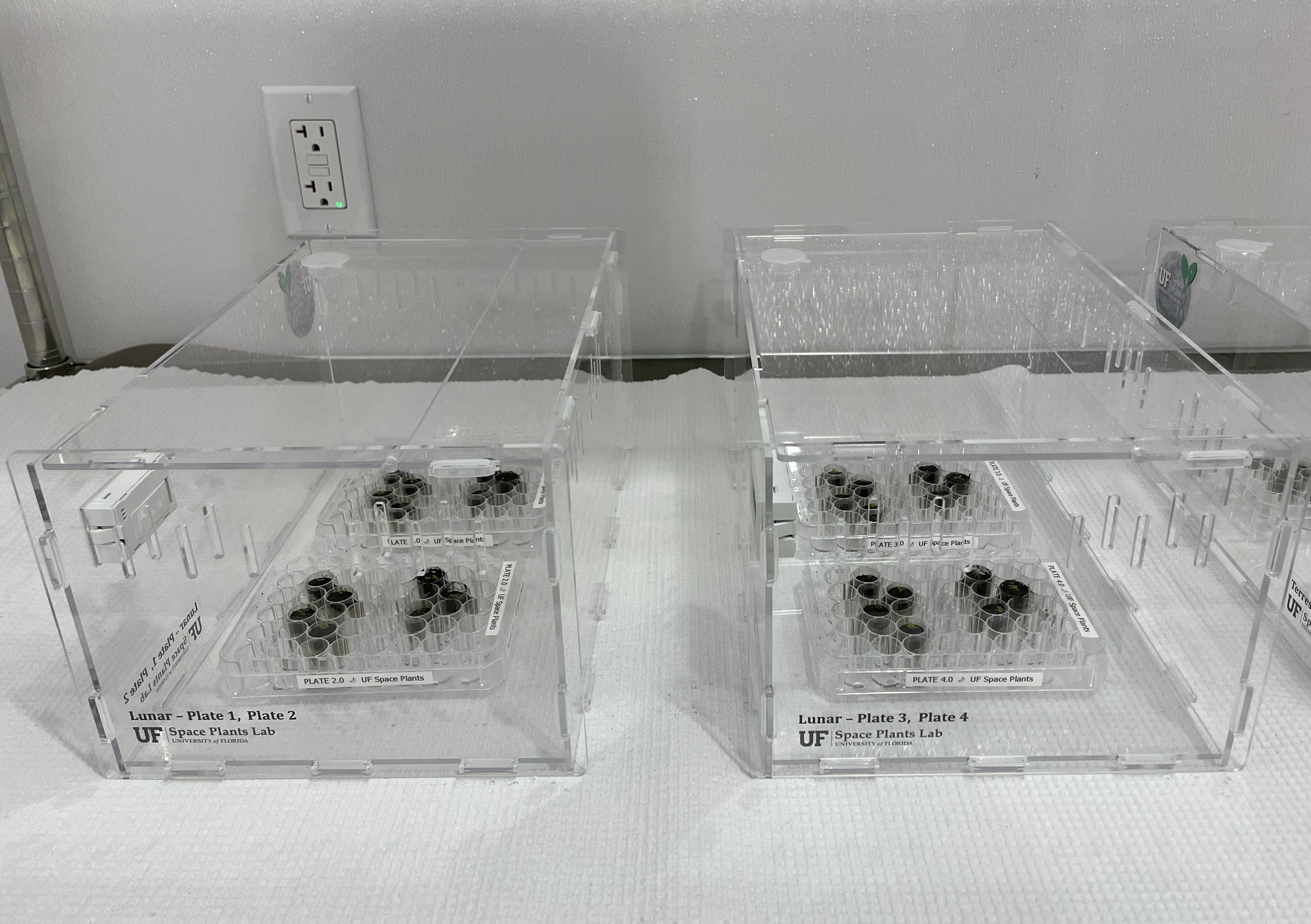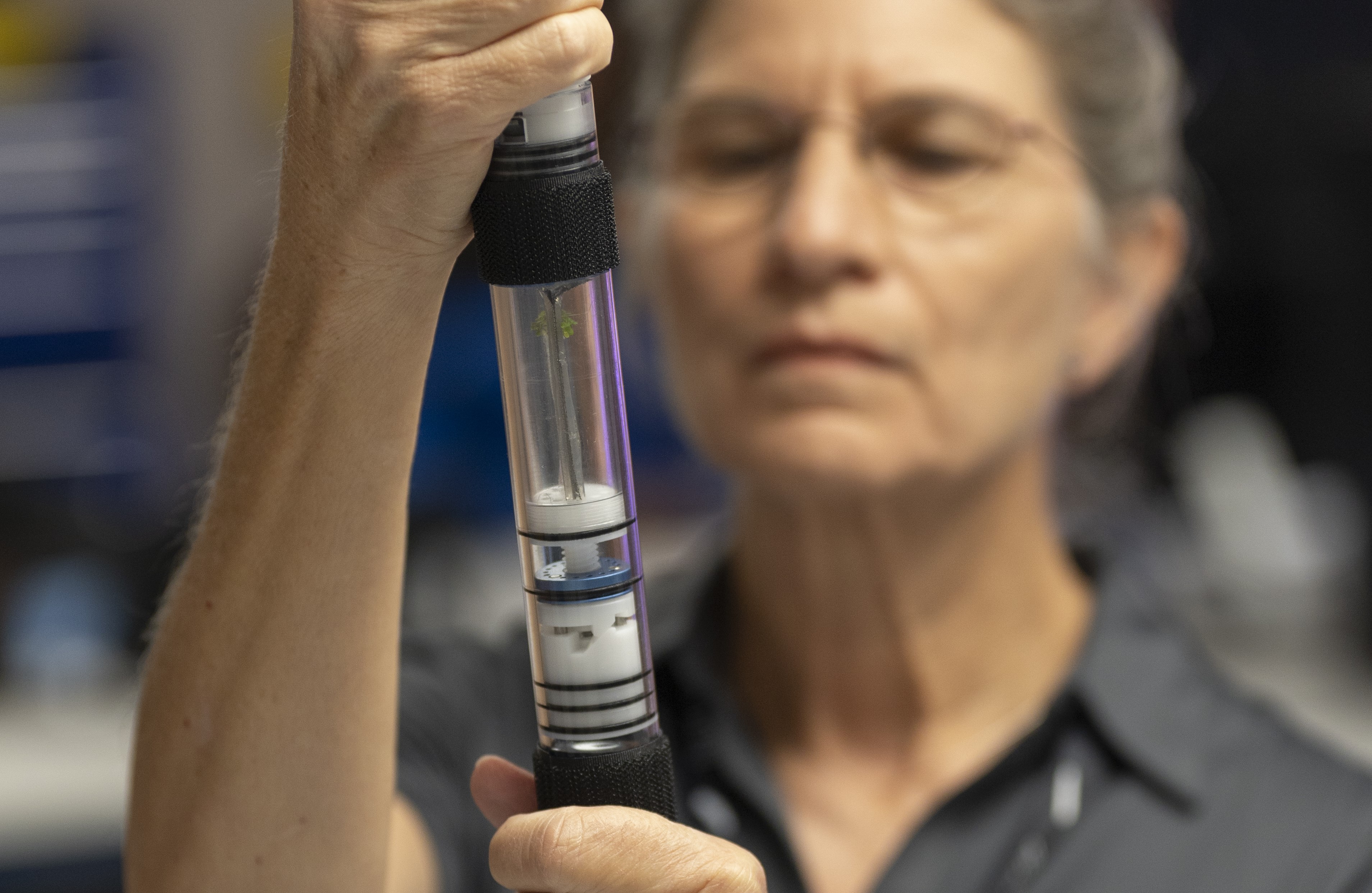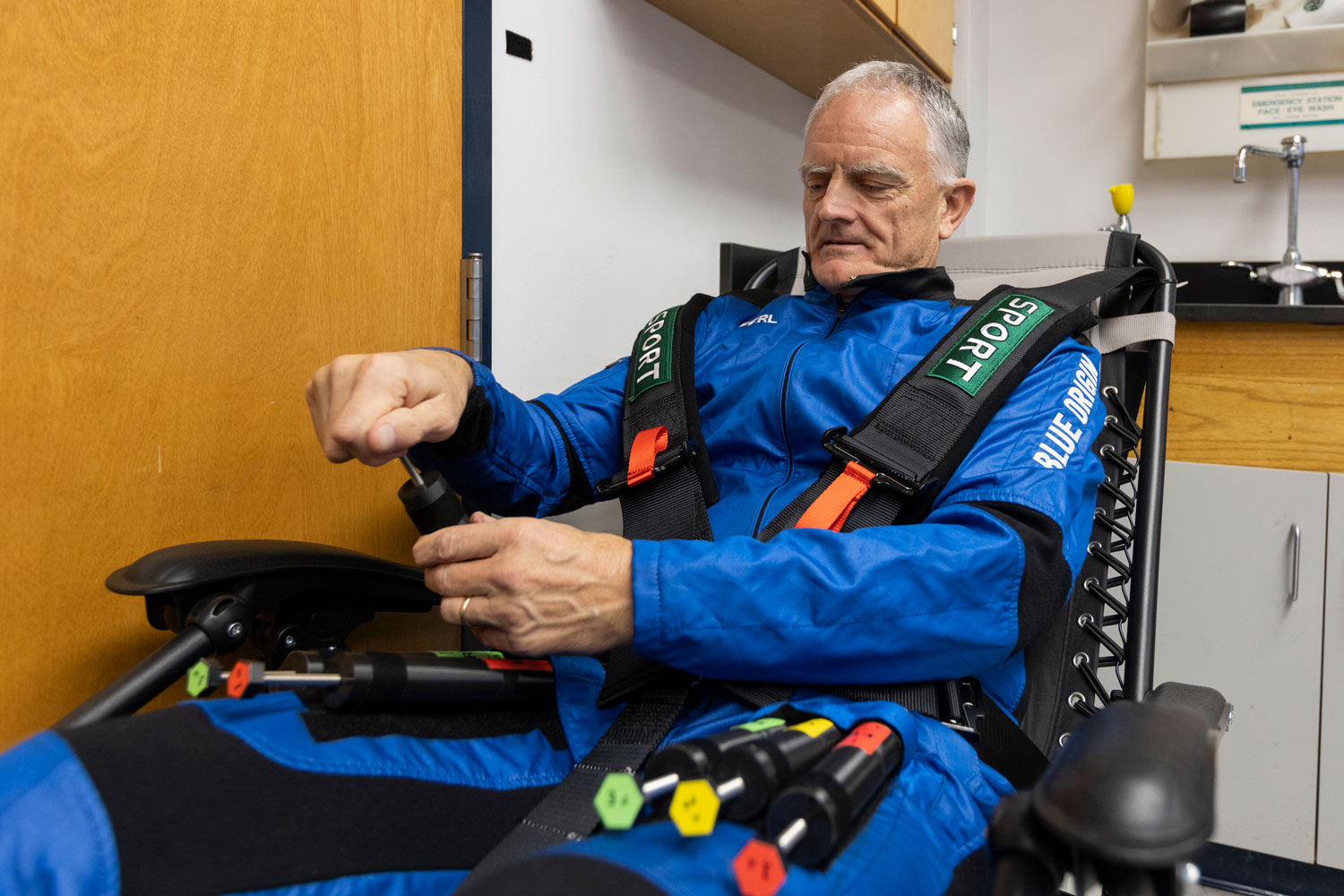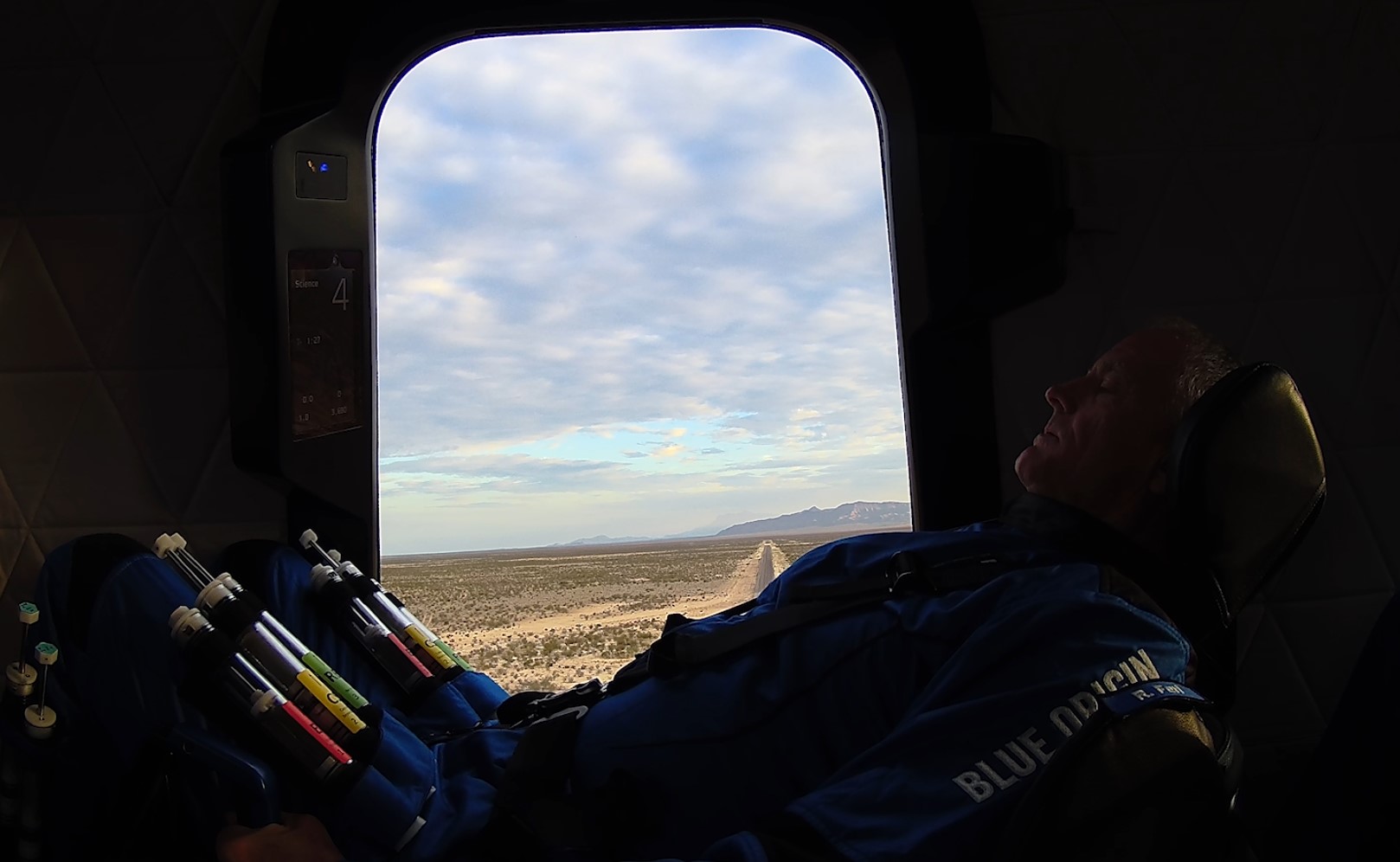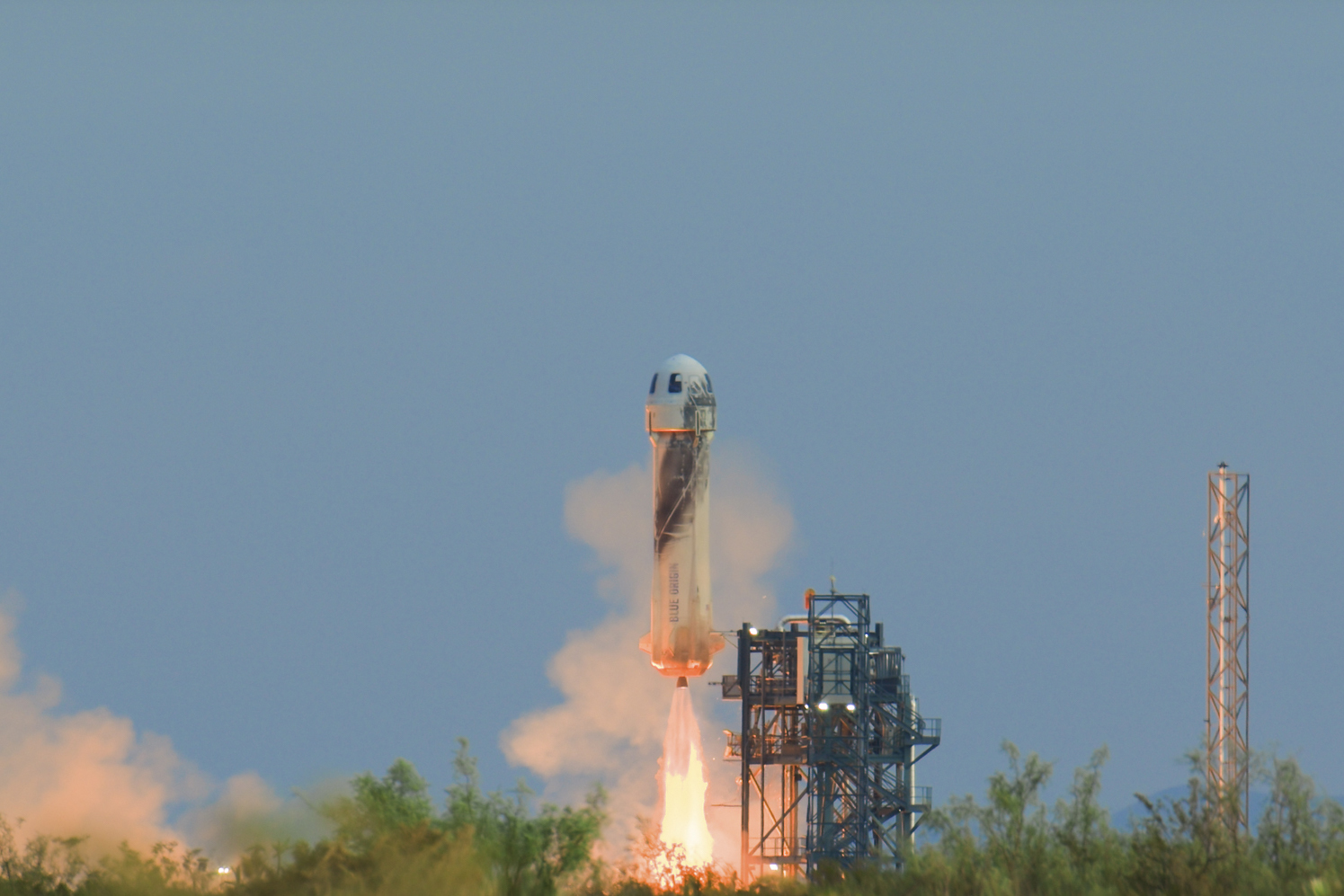Your superpower is sharing your power
UF Professors Rob Ferl and Anna-Lisa Paul jointly delivered the commencement address at the Fall 2024 Commencement ceremonies.
Paul: Greetings, Provost Glover leaders, faculty and members of the Class of 2024.
Ferl: Graduates, we can only imagine your joy that just as you’re about to finally leave UF … you get to listen to not one more professor, but two more professors!
Paul: You may be thinking, what can two speakers say that one cannot?
Ferl: At other universities this fall, lone speakers are sharing stories to help graduates find their superpower. We want to tell you about a superpower that we believe is stronger than any other.
Paul: We’ve gone to the ends of the Earth, literally. I’ve touched the moon. Rob has touched space. We’ve been able to achieve these seemingly superhuman feats through deliberation — and collaboration. We play to each of our strengths, exploring and innovating collaboratively, rather than trying to individually leap tall buildings in a single bound. Our superpower is sharing our powers.
Ferl: Graduates, you are each about to embark on your own amazing journeys. Our message to you is to join hands with others, counting on shared persistence over individual heroics. You’ll get more done and experience more joy in your journey.
Both Ferl and Paul: You will find your greatest superpower in sharing your powers.
Paul: Rob and I have dedicated our lives to a science exploration journey. We’re a team but we’re very different people. Rob knows I’ve got all manner of survival gear in my backpack, and I know that if the GPS breaks, Rob can pilot us out with his crazy internal compass.
Ferl: It’s that kind of synergy that has helped us ask one of humanity’s biggest questions: Can life, our form of terrestrial life, exist away from Earth?
Paul: We focus on plants because plants are what enable humans to be explorers. From the ancient Polynesians exploring the Pacific, to humanity’s journey to Mars, plants get us past the limits of a picnic basket. We look at their genes because that’s how we discover the tools they use to adapt.
Ferl: Getting off the planet is hard. So we’ve spent a lot of time working at the Earth’s polar regions, where the remote and unforgiving conditions are more like those of other worlds.
Paul: The Arctic is a beautiful and desolate place. You don’t work there alone. The desolation and dangers require we do everything in teams. When Rob and I hike out onto the arctic terrain, one of us has to carry a shotgun and keep eyes peeled for polar bears. The other carries a radio, in case we need rescue. Thankfully we’ve never seen a bear or gotten lost, but if we did, we’d be stronger together.
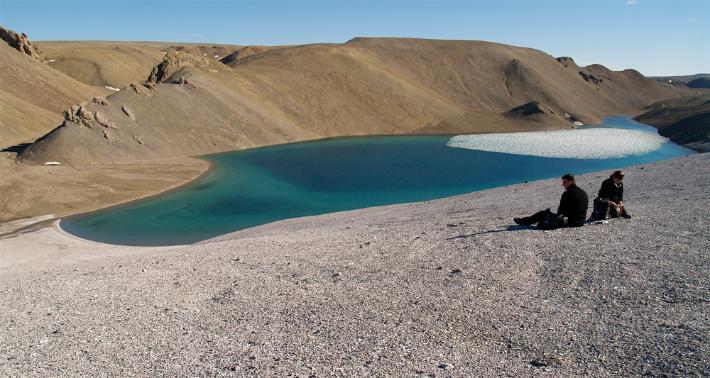
Ferl: Sometimes things go wrong with our equipment and we need to jury-rig fixes in the field. Once, we had to retrofit small glass filters for our specialized cameras. Out came Anna-Lisa’s Swiss army knife. Perfect tool for the fix. It was a fist-bump moment of success.
Paul: Many of you have turned to friends or study partners for skills or knowledge you don’t have. I’m a connector. I think about tying things together. Rob is a tinkerer. He thinks about tools and guiding us. I’m columns and he’s rows …
Ferl: And you need both rows and columns in your spreadsheet to be effective. Unlike those who believe in unilateral superpowers, we’ve learned that our path to success is about sharing our powers, counting on the different ways that we think.
Paul: We wanted an even better place to simulate the conditions that astronauts may someday encounter, and we found that place in Antarctica. It’s even more remote and even more like another world. We lived with other scientists in the Neumayer III Station perched on the Ekström Ice Shelf, which is more like Starship Enterprise than a building.
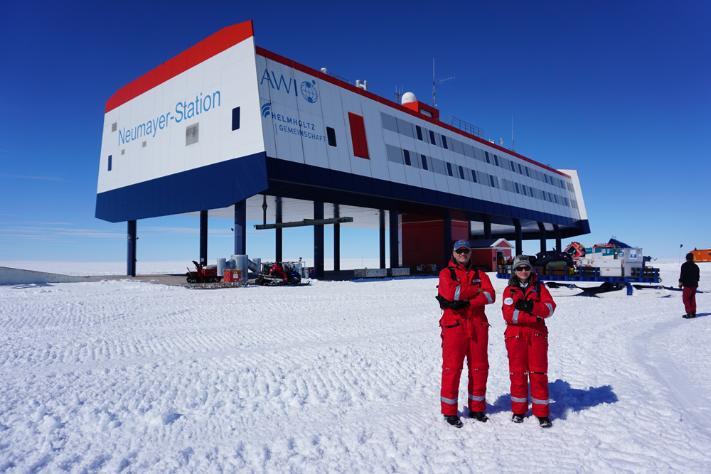
Ferl: At Neumayer, you have to go through an airlock to go outside, like in space. You wear heavy red coveralls, like a spacesuit, which you leave in the airlock when you go inside. And your life literally depends on others.
Paul: Not these penguins, though! For some reason they didn’t want to connect, collaborate or share their powers with us.
Ferl: We learned a lot more by building a greenhouse in Antarctica, but research there was hard. We needed more days of intense planning, more packing and repacking, more exhausting travel, dozens more fixes. We fought in frustration. We celebrated successes with fist-bumps.
Paul: It’s popular to say you should move fast and break things. And we have done that a time or two. But the truth is that Rob and I often move slow and make things, because it is important to think carefully about what we need for extreme destinations.
Ferl: Even going to both ends of the Earth could not answer a basic question: How can we know if plants will grow in otherworldly ground? It turns out, there’s some otherworldly stuff here on Earth. It is the samples collected on the moon and brought back by the astronauts in the Apollo program, including Neil Armstrong, on Apollo 11.
Paul: NASA guards its lunar samples as national treasure. We submitted our first proposal to use some of it in 2010. The answer was no. We wrote a second proposal. Again, no. A third proposal. No again. With your own friends or study partners, you know it’s easier to face failure together. Which we did.
Ferl: On our fourth proposal, we felt sure we had it nailed — and we brought on a third scientist, a geologist, to add to our powers. After 10 years, the answer, finally, was yes. NASA sent us a few teaspoons of the moon,12 grams in all. Anna-Lisa put about a gram from each of three Apollo sites into 12 high-tech “pots” carefully designed for a tiny lunar garden.
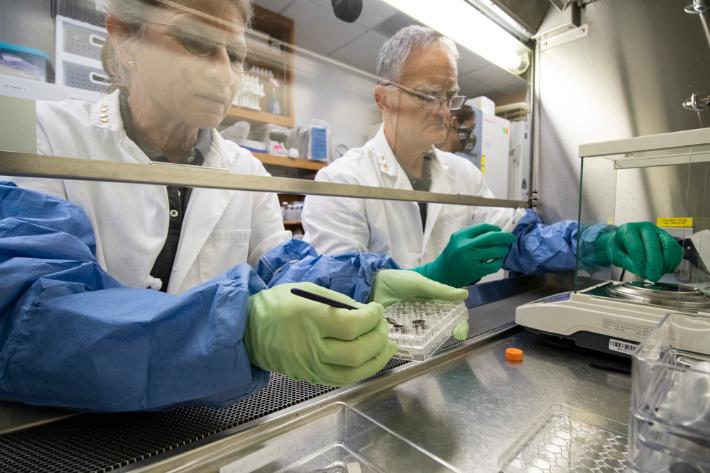
That’s how she touched the moon.
Paul: We put our wee garden in a growth chamber, moistened the lunar dirt, added a few seeds and waited. It took superhuman willpower to not check the chamber every second. We’ll never forget the moment when, after a few days, we peered through the glass and saw tiny green seedlings.
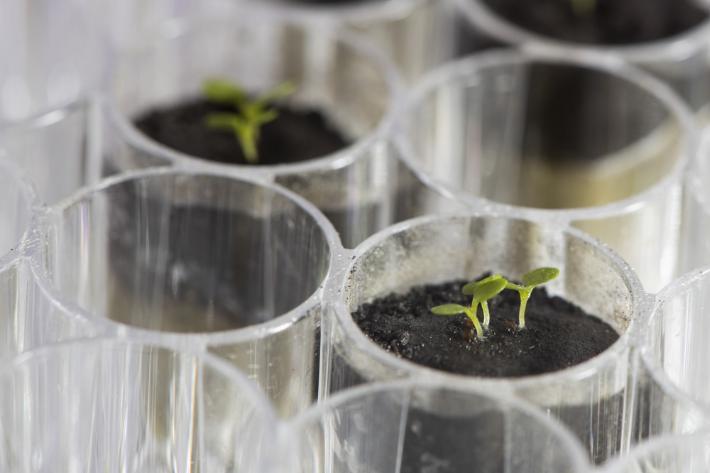
The first plants ever grown in extraterrestrial dirt. It was historic. It was humbling. It was awe inspiring. Our kind of life can live on another world.
Ferl: Now THAT was a superpower fist bump moment. But it took sharing our powers. Rather than moving fast and breaking things, we moved slow and made things. It’s all about that deliberative sharing: Sharing the work. Sharing the rejection. Sharing the fights and the fist bumps. Sharing the joy of tiny, green shoots from moon dirt.
Paul: I touched the moon… and Rob touched space. After many years of trying, he finally got the all-clear to fly to space with our experiment earlier this year. Our goal was to capture the gene responses of plants as they travel to and from space. We put plants in specially designed tubes attached to Rob’s flight suit that he could activate to capture those responses in flight. We would activate an identical set of tubes at the same time on the ground as our control. We spent hours training in our lab at UF’s Fifield Hall, with Rob strapped into a mock flight chair. He was more than a little sheepish about wearing that flight suit around the building.
Ferl: Yup, Anna-Lisa helped me adhere to that discipline and be brave, even about looking goofy walking around Fifield Hall in a space suit. Then, on a cool August morning, I joined five crew members atop the Blue Origin New Shepard rocket in the Chihuahuan Desert in West Texas. Imagine sitting there in the capsule, looking out at the Guadalupe Mountains in the distance, waiting to launch. It’s T-6 minutes. You take deep breaths of satisfaction, awe and thankfulness. This moment caps six trips to the Arctic. Two trips to Antarctica. The awe of seeing those green shoots in lunar soil. I felt like I had superpowers sitting up there in that rocket, but it only happened because of sharing our human powers. Anna-Lisa’s rows and my columns. Imagine the red-orange glow of the exhaust and the rocket leaving the launch pad for space. Someone asked me what moment stood out. It was touching space: The incredibly deep, suck-the-brain-right-out-of-your-head, black void of space above the curve of the Earth below.
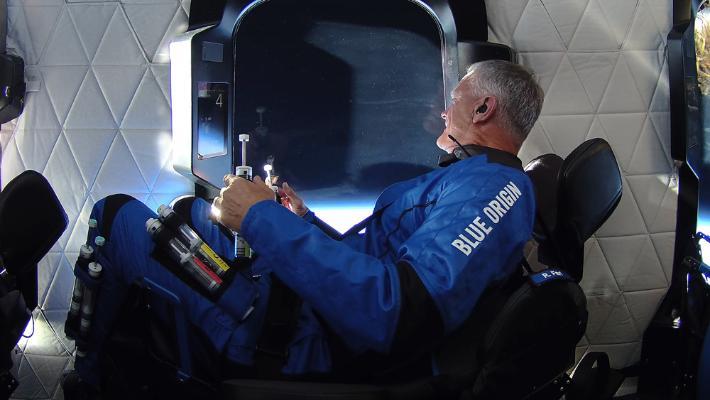
Paul: And here’s the real mind-blower: Our first-of-its-kind experiment was successful. Rob doesn’t remember doing it, but he activated the experimental tubes in perfect sync with the experiments on the ground, and the data we gathered are invaluable.
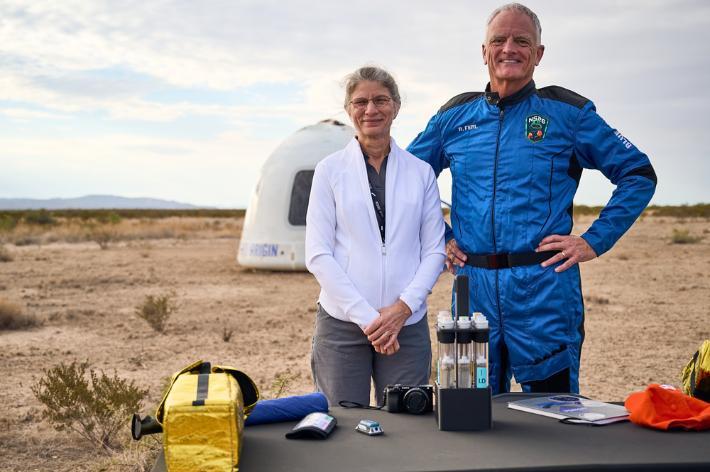
We did it as a team. It could only be done as a team. Graduates, I touched the moon.
Ferl: And I touched space.
Paul: Those are things that superheroes do, but our superpower was our shared powers. Our journey needed both of us, going boldly, being persistent, making things rather than breaking things, and working with others to explore our world and beyond.
Ferl: Alan Bean, one of the Apollo 12 astronauts who collected the some of the moon that Anna-Lisa grew plants in here at UF, said, "I found that the memories of the people I worked with and the friends I made are more memorable than walking on the moon."
Paul: Think of the power that these words carry. It’s not the achievement but the joy of sharing the journey, just as you have done with your friends and fellow Gators here at UF.
Ferl: We’d like to celebrate your accomplishment and shared journey with a fist bump, just like we do. In honor of your hard work AND all the times you counted on others to help you reach this day. I invite you to fist bump the graduates around you. … On the count of three …
One … two … three
Paul: Whatever great thing you do next …Go Boldly! Explore! And remember that your superpower will be sharing your powers and the journey.
Ferl: We’re in this together, Gators, on Earth and wherever humans go next — and we’ll always root for you from the stars.
Both Ferl and Paul: THANK YOU AND CONGRATULATIONS!


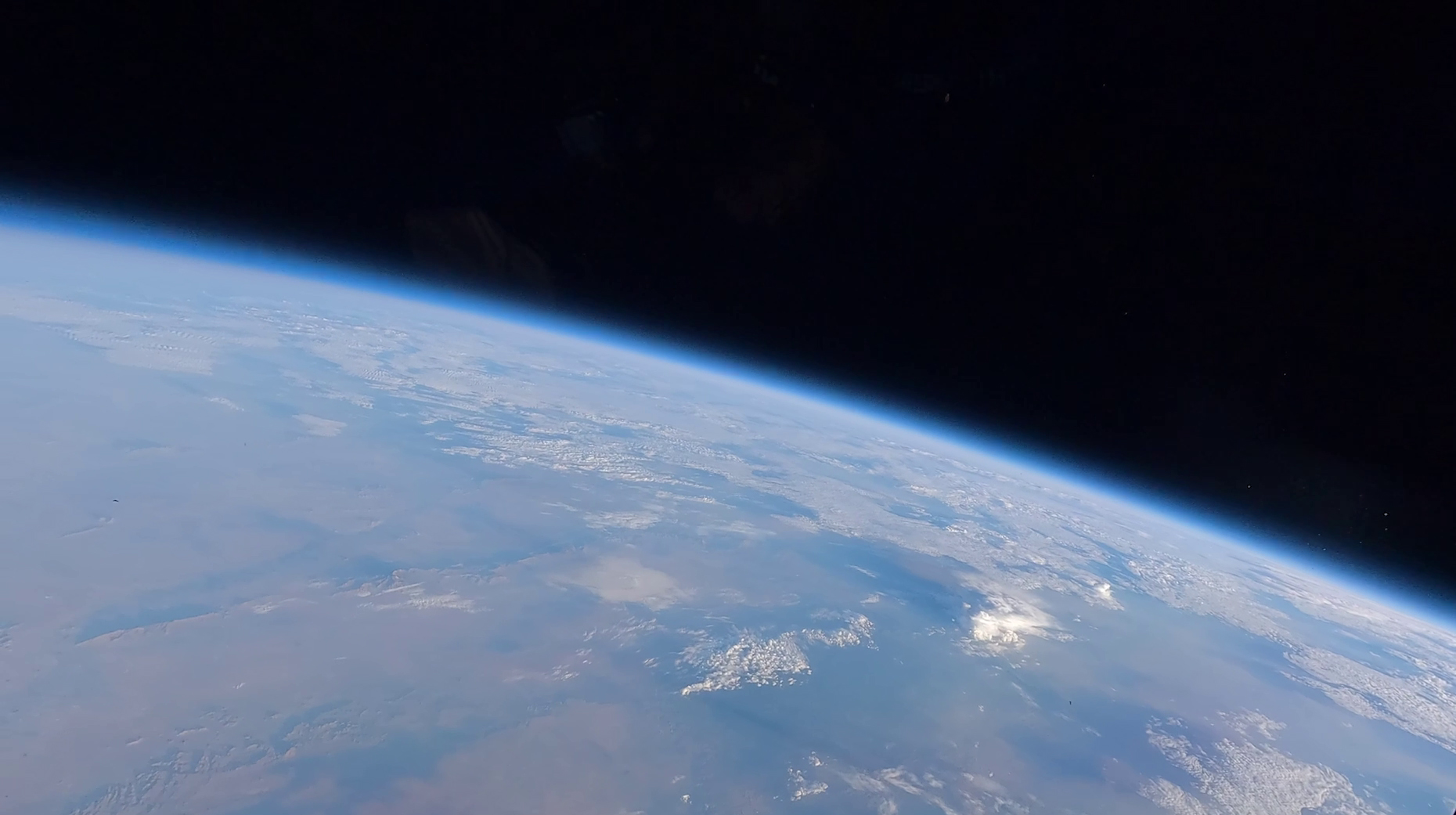
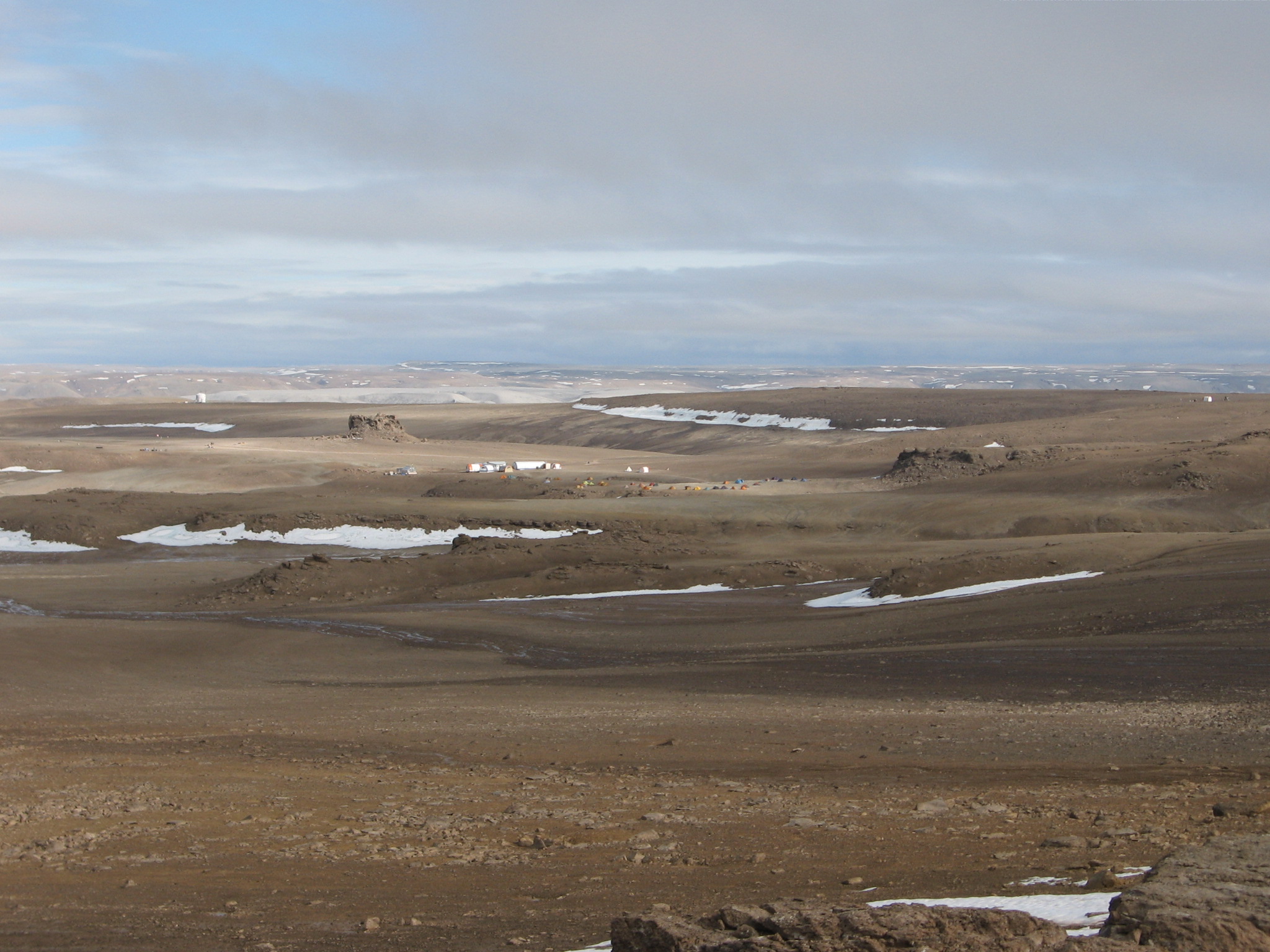
.jpg)
